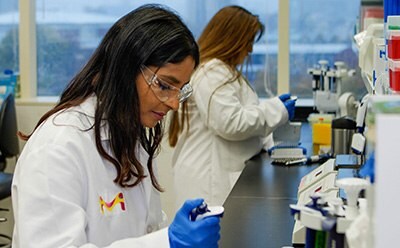Bioactive Small Molecule Toxins

Often used by researchers to model diseases or develop antidotes, bioactive small molecule (BSM) toxins are compounds that bind to and disrupt the function of specific target proteins in cells. BSM toxins disrupt protein functions and protein-protein interactions. Because of this, BSM toxins are crucial for helping researchers investigate biological processes and develop novel therapeutics.
We offer an extensive collection of BSM toxins and gain more insight into toxic effect on proteins and cells, model disease mechanisms, and identify therapeutic targets for drug discovery.
Products
Toxins for Research
Bioactive small molecule toxins are harmful substances produced by living organisms that are used in biological research. Researchers have used BSM toxins to probe transmembrane signaling pathways and study membrane protein function. Examples of toxins used in biological research include:
- Cholera toxin: a member of the AB5-subunit family of toxins that has been used by researchers to study signal transduction mechanisms in cells. Cholera toxin has also been used as a positive control in cyclic AMP (cAMP) assays and as a tissue culture medium supplement when culturing epithelial and primary tumor cell lines.
- Pertussis toxin: produced by Bordetella pertussis, Pertussis toxin catalyzes the ADP-ribosylation of G-proteins. This prevents G-protein heterotrimers from interacting with their receptors, blocking the downstream signaling pathway. It may have a role in treating autoimmunity, hypertension, and viral infection.
To continue reading please sign in or create an account.
Don't Have An Account?